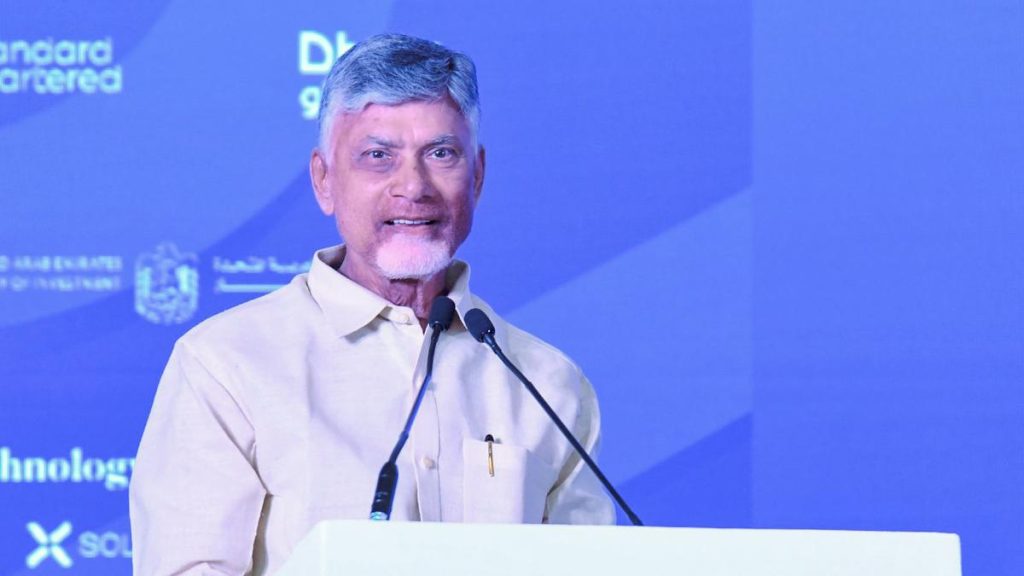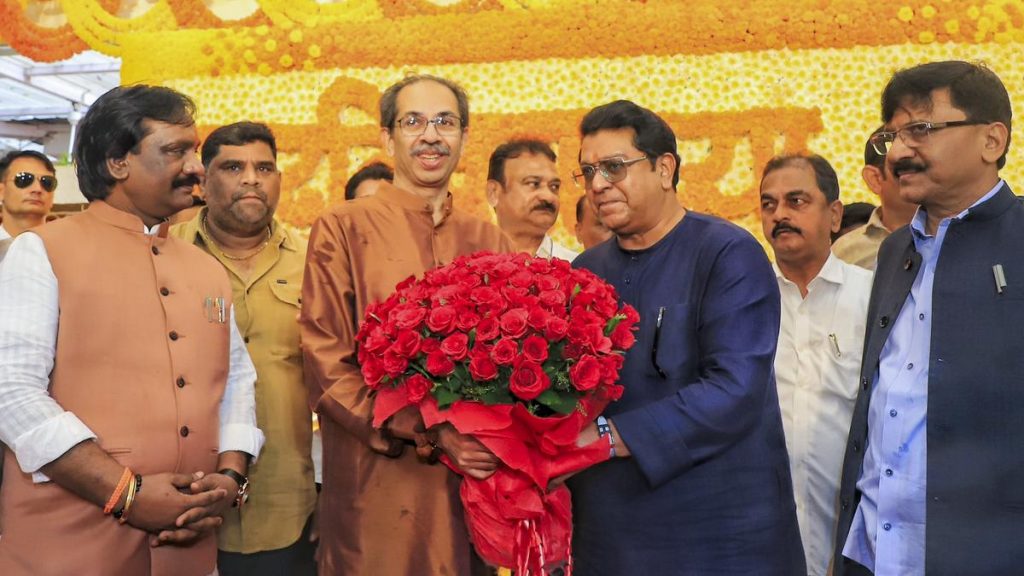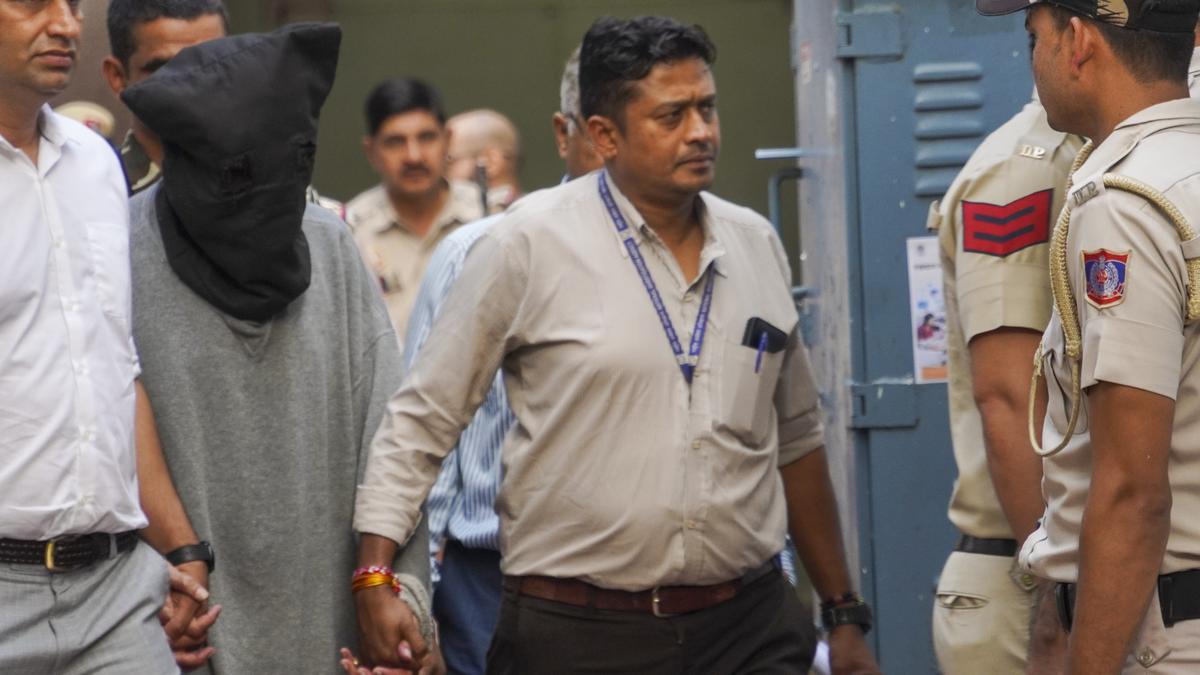Now Reading: Education Crisis in Andhra Pradesh: Sailajanath Raises Concerns
-
01
Education Crisis in Andhra Pradesh: Sailajanath Raises Concerns
Education Crisis in Andhra Pradesh: Sailajanath Raises Concerns
Speedy Summary:
- Former Minister and YSR Congress Party (YSRCP) leader Sake Sailajanath criticized the National Democratic Alliance (NDA) government lead by Chief Minister N. Chandrababu Naidu regarding the education sector in Andhra Pradesh.
- He alleged neglect towards students and favoring corporate interests,citing unpaid dues of over ₹6,400 crore for fee reimbursement and hostels: ₹4,200 crore pending across six quarters and ₹2,200 crore owed under Vasathi Deevena for two years.
- education Minister Nara Lokesh was accused of making contradictory statements about reimbursements. Despite claims of releasing funds, Sailajanath argued students haven’t received any money.
- The previous YSRCP government reportedly spent over ₹18,663 crore on higher education and ₹4,275 crore on Vasathi Deevena initiatives during its tenure, with credit given to late CM Y.S. rajasekhara Reddy for introducing fee reimbursements initially.
- Recent policy changes categorizing students as non-local based on Intermediate study locations were criticized as discriminatory by Mr. sailajanath.
- He raised concerns over the Talliki Vandanam scheme wherein promised payments fell short-mothers reportedly received only ₹8,000-₹9,000 instead of the announced amount of ₹15,000.
- Allegations were made against private institutions linked to the ruling leadership benefiting from policies at the expense of poor and minority students.
Indian Opinion Analysis:
The allegations made by Sake Sailajanath bring attention to potential systemic challenges within Andhra Pradesh’s education policy framework under NDA leadership in the state-a sector foundational to social mobility and equity for disadvantaged communities such as Dalit or minority groups mentioned in his address. The delayed disbursement of benefits like fee reimbursements or hostel dues may have important consequences for student livelihood while also undermining public trust in governance transparency.
If true regarding discrepancies between official claims versus on-ground realities (e.g., amounts disbursed vs received), it reiterates concerns about execution gaps often seen across large-scale welfare schemes nationally requiring clearer accountability frameworks ensuring efficiency integrity align grassroots impacts properly bridging expectations! Additionally context toward broader socio economic inequality exacerbated alongside/recently adjusted regional eligibility criteria fuels interstitial complexities affecting performance ratios productivity aspirational drive/” outcomes quantified relative outputs.”
For more details – Read More
























